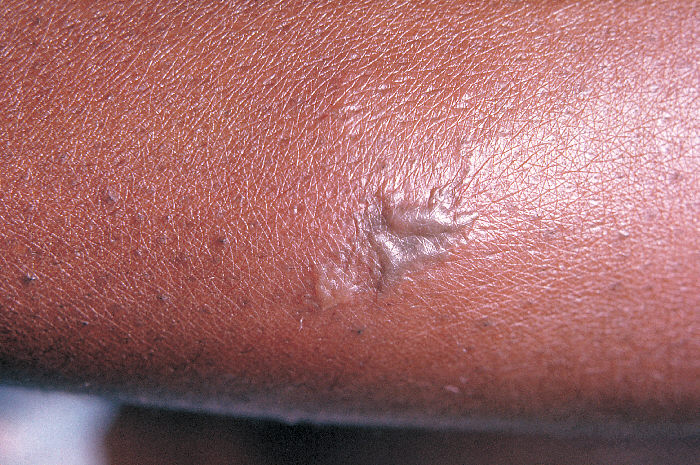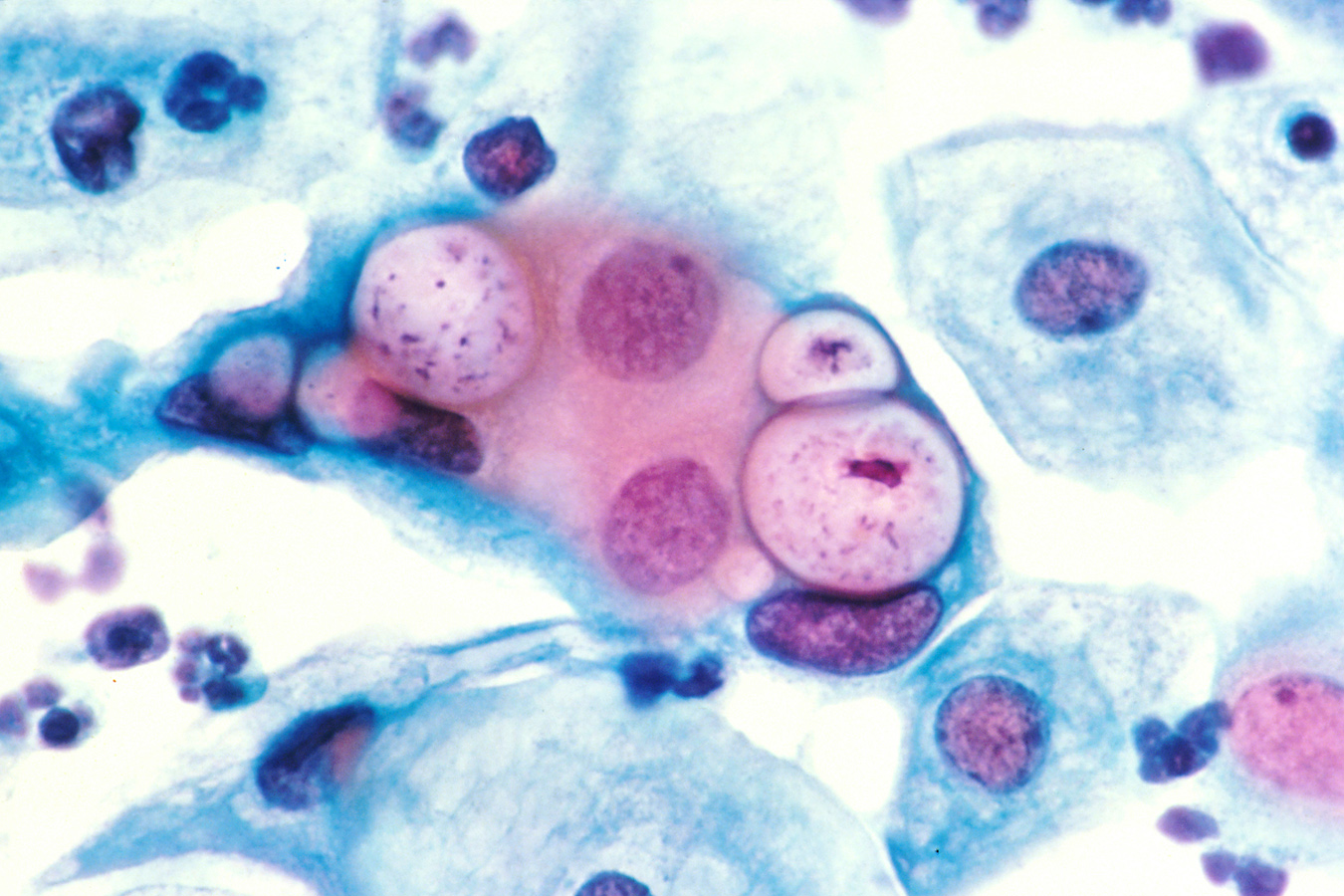Playlist
Show Playlist
Hide Playlist
Gonorrhea and Chlamydia Trachomatis: Management
-
Slides Urethritis InfectiousDiseases.pdf
-
Reference List Infectious Diseases.pdf
-
Download Lecture Overview
00:01 Turning now to the treatment of gonorrhea. 00:05 The susceptibility of Neisseria gonorrhoeae across geographic areas is quite variable. 00:15 There are some areas in the world where highly resistant gonococci are common. 00:22 And the same thing can be said for certain populations of individuals with gonorrhea. 00:30 But when we're trying to select an appropriate therapy, our therapy should be approximately 100% effective against Neisseria gonorrhoeae. 00:45 Agents that are less than 95% effective should be avoided altogether. 00:54 The treatment of gonorrhea is typically a single 500 milligram dose of ceftriaxone or a one gram dose of the patient's weight is over 150 kilograms. 01:03 Co-infection with Chlamydia trachomatis is common, so if not excluded by testing, presumptive treatment for non-pregnant patient is initiated. 01:11 This regimen is usually a seven day course of twice daily, 100 milligram doxycycline. 01:16 If the patient is pregnant however, that can be substitute with a single dose of one gram of azithromycin. 01:23 In some cases, a test for cure is necessary. 01:26 This is typically done in cases of oropharyngeal gonococcal infections. 01:30 The test is usually done us a culture which is taken seven days after completion of antibiotic therapy, or alternatively, a nucleic acid amplification test which can be done 14 days after the completion of antibiotic therapy. 01:43 It should be noted that false positives when nucleic acid amplification test are possible due to the detection of nonviable organisms. 01:52 The questions then comes, how do we manage the sexual partners of patients who have gonorrhea? Well, certainly, they should be notified and they should be tested for both infections and while we're at it, tested for other common sexually transmitted diseases for example like HIV infection, that would be ideal. 02:16 Sometimes that's not possible, so we have something called expedited partner therapy. 02:24 In terms of management of sexual partners, they ideally should be notified of the exposure and undergo individual testing. 02:30 In the event the partner cannot be formally evaluated, expedited partner therapy or EPT does allow the physician to provide the patient with an extra prescription for their partner. 02:41 It should be noted, however, that this is not legal in all countries and even some states have limitations to this practice. 02:47 So once treated, how long do you have to wait before sexual intercourse can resume? Well, somebody with urethritis should abstain from sexual intercourse for at least seven days after they've been treated so as to not expose the partner to these organisms. 03:08 Additionally, all patients should return for a follow up in 3 to 12 months for retesting of gonorrhea and possibly other STIs as well. 03:16 This is due to a higher than average risk for repeat infection. 03:20 How do we prevent urethritis? Well, many would recommend condoms, they are certainly highly protective against the transmission of sexually transmitted diseases from infected secretions, but I'm here to point out that the protection is not complete. 03:37 Condoms may not stay on. 03:40 There may be small rents in the condom and it can be contagious if the condom is not effective. 03:51 So, another way to prevent urethritis would be to have a monogamous relationship with a partner whose never had these infections, and then of course, abstinence would be fool proof. 04:07 Finally, we must discuss terminology. 04:09 You might ask what's the difference between an STD and an STI? By definition an infection occurs when bacteria, viruses, or other microbes that cause disease enter the body and begin to multiply. 04:21 Disease on the other hand typically refers to the damage of cells or tissues, sometimes as the result of an infection. 04:27 Sexually transmitted infections or STIs is the preferred term and it's not just because of definition semantics. 04:34 This term is associated with less stigma than sexually transmitted disease or venereal disease, which may discourage asymptomatic people at risk from being tested. 04:44 It should be noted however, the term STD is still commonly used both by medical and nonmedical personnel. 04:50 And this brings us to the end of our discussion of urethritis.
About the Lecture
The lecture Gonorrhea and Chlamydia Trachomatis: Management by John Fisher, MD is from the course Genital and Sexually Transmitted Infections. It contains the following chapters:
- Gonorrhea and Chlamydia Trachomatis – Management
- Urethritis – Etiology
Included Quiz Questions
Antibiotic susceptibility of Neisseria gonorrhoeae is most significantly affected by which of the following?
- The population
- Time of year
- Concomitant infection with Chlamydia trachomatis
- Patient symptoms
- A positive patient history of adverse drug reactions
A previously healthy 24-year-old man is diagnosed with gonococcal urethritis based on symptoms and a urethral smear. What is the best treatment for this patient?
- A single intramuscular dose of ceftriaxone (500 mg) and seven days of oral doxycycline, 100 mg twice daily.
- A single intramuscular dose of ceftriaxone (250 mg)
- A single intramuscular dose of ceftriaxone (250 mg) and a 7-day course of oral azithromycin (1g/d)
- A 7-day course of oral azithromycin (1g/d)
- A single oral dose of azithromycin (1 g)
How long should men with infectious urethritis be instructed to refrain from sexual activity?
- At least 7 days following the therapy
- At least 14 days following the initiation of therapy
- At least 14 days following the end of therapy
- Refraining from sexual activity is not advised
Which of the following statement is MOST ACCURATE regarding managing the recent sexual partner(s) of a patient diagnosed with gonococcal urethritis?
- Treatment is recommended.
- Treatment is only recommended in symptomatic individuals
- Treatment without testing is prohibited
- No treatment is required
Customer reviews
5,0 of 5 stars
| 5 Stars |
|
5 |
| 4 Stars |
|
0 |
| 3 Stars |
|
0 |
| 2 Stars |
|
0 |
| 1 Star |
|
0 |





